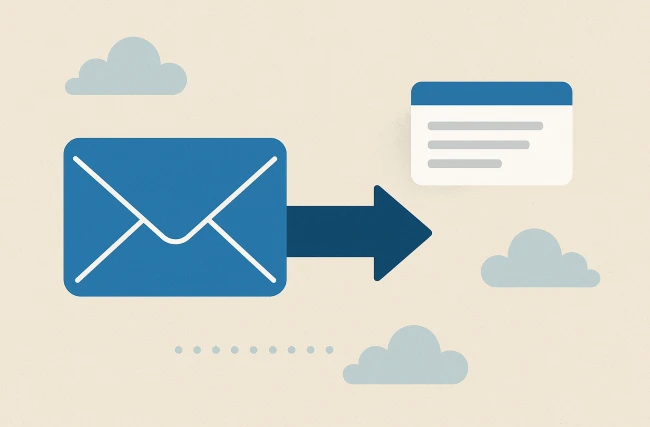Uptime and system reliability are critical for businesses and individuals alike. A power outage, even a brief one, can lead to data loss, system corruption, and downtime that could potentially cost a company thousands in revenue. This is why having an Uninterruptible Power Supply (UPS) as part of your IT infrastructure is a necessity rather than a luxury.
What is a UPS and Why is it Important?
A UPS is a backup power device that provides emergency electricity to connected systems when there is a power outage or voltage fluctuation. It serves as a bridge between your equipment and the main power supply, ensuring that systems stay running long enough for a safe shutdown or until backup power sources, such as generators, take over.
Key Components You Should Protect with a UPS
Within an IT infrastructure, there are several critical components that benefit from a UPS system, including:
- Servers: Servers store and process essential business data. A sudden power failure can lead to corrupted databases and downtime.
- Network Equipment (Routers, Switches, Firewalls): A power outage can interrupt communication and halt operations entirely.
- Storage Devices (NAS, SAN, External Drives): If storage devices lose power unexpectedly, files can become corrupted or lost.
- VoIP Systems: Many businesses rely on VoIP for communication; a UPS ensures call continuity even during power disruptions.
- Security Systems (CCTV, Access Control, Alarms): These systems need to remain operational to maintain security during outages.
How a UPS Keeps Your System Safe
A UPS does more than just provide temporary power, it also ensures safe operations in the event of an outage:
- Voltage Regulation & Surge Protection: Power fluctuations, such as spikes and drops, can damage sensitive electronics. A UPS stabilises voltage and protects against surges.
- Immediate Backup Power: The moment an outage occurs, the UPS kicks in instantly, preventing sudden shutdowns.
- Safe System Shutdown: If the power remains off and the UPS battery starts running low, it can trigger an automatic, controlled shutdown to prevent data loss and corruption.
- Prevention of Downtime Costs: Downtime can lead to lost revenue and productivity. A UPS helps mitigate these risks by keeping critical systems online.
- Extended Runtime for Critical Operations: Some UPS systems can be paired with external batteries to extend runtime, allowing businesses to continue operating until power is restored.
Choosing the Right UPS
When selecting a UPS, consider factors such as:
- Capacity: Ensure it can handle the power requirements of all connected devices.
- Battery Runtime: Look for a model that provides enough backup time for a safe shutdown or generator activation.
- Scalability: Some UPS systems allow for additional battery packs to increase runtime.
- Management Features: Some models include software that can automate shutdowns and send alerts.
Conclusion
Power disruptions are unpredictable, but their impact can be managed with a reliable UPS. By integrating a UPS into your IT infrastructure, you can protect essential hardware, prevent data loss, and ensure continuity in operations. Investing in the right UPS solution is a small price to pay for the peace of mind and security it provides in keeping your systems running smoothly.
If you would like any further information on Uninterruptible Power Supplies or would like to see how we can assist you or your business, please don’t hesitate to contact us.




